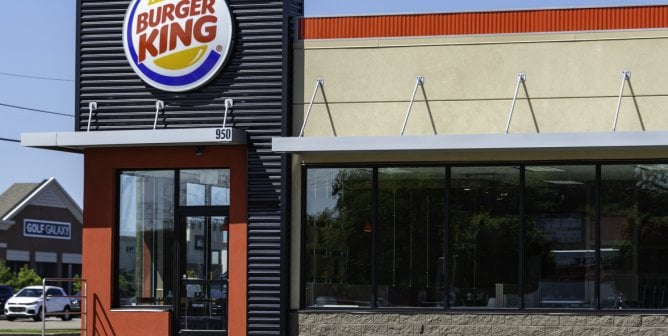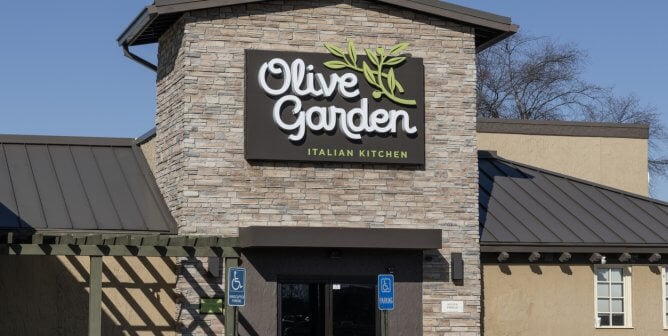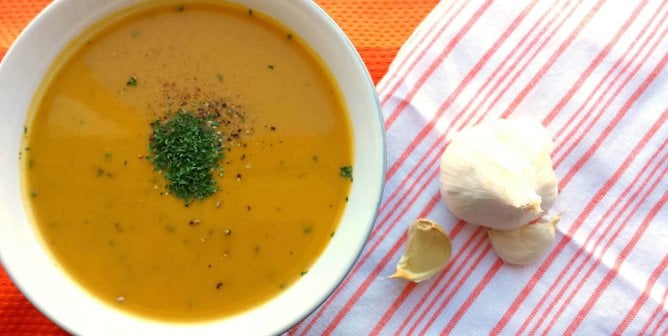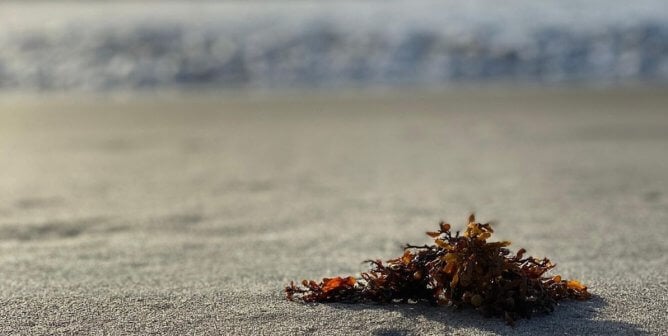The carnivore diet promotes the idea of eating animals for every single meal, with no exceptions. It’s time to confront how this diet harms people’s health, creates a living nightmare for animals, and devastates the environment.
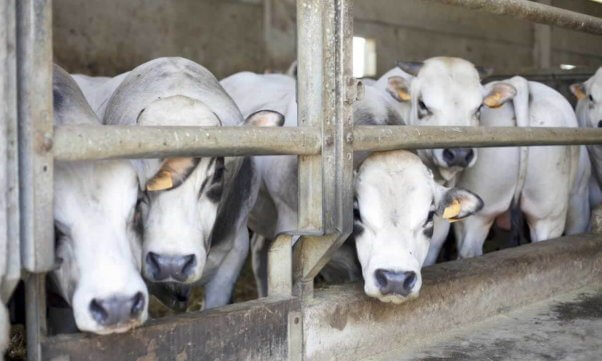
What Do People Eat on the Carnivore Diet?
The carnivore diet consists exclusively of animal flesh, fish, eggs, and sometimes cheese or other dairy products. It’s essentially a zero-carbohydrate diet focused on consuming protein and fat from animal sources.
Is Cheese Allowed on the Carnivore Diet?
Yes. Cheese is allowed on the carnivore diet for people who choose to include processed cow’s milk. Some stricter versions of the diet may exclude cheese in order to avoid animal-free additives.
However, highly processed animal flesh like bacon, which is made from pigs’ flesh, is allowed on the carnivore diet.
Which Fruits and Vegetables Are Allowed on the Carnivore Diet?
The carnivore diet bans all fruits and vegetables, which means you lose out on essential vitamins and antioxidants that are crucial for good health.
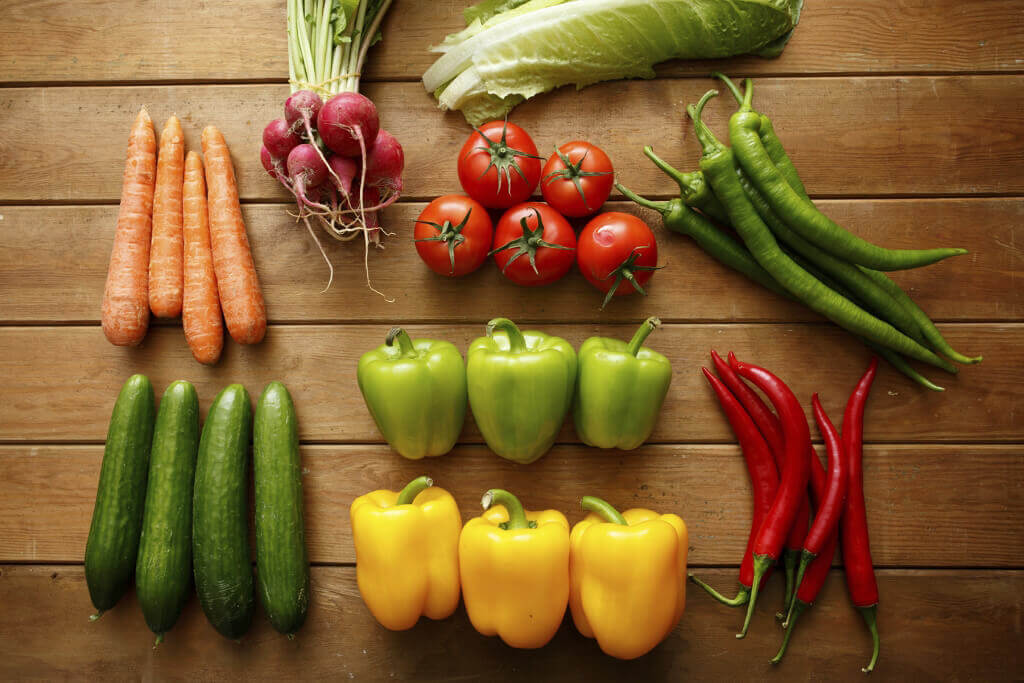
Health Risks and Side Effects of the Carnivore Diet
The carnivore diet has many side effects and also contributes greatly to animal suffering. Animals are not ours to exploit for food—their bodies belong to them! It’s speciesist to drink cow’s milk, and a human’s desire for cheese doesn’t outweigh a mother cow’s right to nurse and care for her calf.
Plus, this diet has many serious human health risks—it’s completely lacking in essential nutrients and fiber, which are vital for balanced nutrition. This can lead to severe deficiencies and health issues, including electrolyte imbalances and constipation. Eating animal-derived foods can cause heart disease and dangerously high cholesterol levels. Other alarming side effects—caused by a condition referred to as the “carnivore diet flu”—include bad breath, brain fog, irritability, and persistent headaches. Yikes!
Going vegan comes with impressive health benefits, including a lower risk of chronic illnesses and overall better well-being. Vegan eating also promotes balanced nutrition to help you stay healthier.
Is the Carnivore Diet Safe?
No. The carnivore diet is not safe and can lead to health-related problems.
Why Do I Feel so Bad on the Carnivore Diet?
There are lots of reasons to feel bad on the carnivore diet—and contributing to the suffering of animals is at the top of the list. Cows, pigs, chickens, and other animals exploited for food endure short lives in cramped cages or sheds on factory farms, where they’re unable to exhibit their natural behavior, before eventually being killed for their flesh. You might also feel bad on a carnivore diet due to a lack of fiber and nutrients. Without fruits, vegetables, and whole grains, you may experience digestive issues, fatigue, and nutrient deficiencies.
Who Should Not Eat a Carnivore Diet?
No one should follow the carnivore diet. Not only is it restrictive, it is also rooted in the unnecessary suffering of animals and can lead to long-term health issues, making it unsuitable for anyone seeking a balanced and nutritious approach to eating.
How the Carnivore Diet Affects Animals
The carnivore diet fuels the mass slaughter of animals. On U.S. farms, workers confine animals to filthy, severely crowded feedlots or sheds before eventually killing them. This supports a system in which animals are seen only as products for human use. Our fellow animals are sentient beings who feel complex emotions when they experience pain and stress—just as humans do. The carnivore diet disregards the value of animals, creating a major ethical problem and making the world less compassionate.
Even on farms that use “humane” labels—including “grass-fed,” “organic,” and “pasture-raised”—animals suffer. Workers still cut off animals’ tails with no pain relief and slaughter them the same way they would animals on any other farm. These labels dupe consumers into feeling better about their purchases and encouraging them to continue to buy animal-derived products. But no matter which label is used, animals suffer when they’re bred, used, and killed by humans.
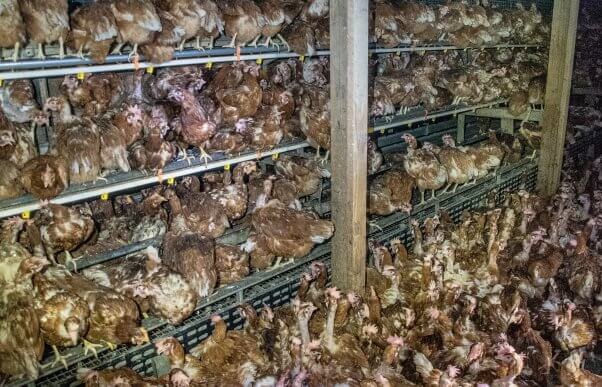
The Environmental Impact of the Carnivore Diet
The carnivore diet is bad for the environment. Eating any animal-derived product contributes to the climate catastrophe. Raising animals for food produces tons of methane and other greenhouse gases. Animal agriculture is a major contributor to the climate catastrophe and consumes vast amounts of land, water, and other resources that could be better used to grow plants for humans. Raising animals for food also contributes more to deforestation compared to growing plants for human consumption.
Reap the Benefits of Going Vegan
Going vegan is a powerful way to advocate for animals. Vegans avoid exploiting animals and support animal rights, showing compassion and respect for all sentient beings, regardless of species. By not consuming animals, you’ll actively promote a kinder and healthier world and spare countless animals suffering and death.
In addition, being vegan is beneficial for the environment. It reduces one’s food-related carbon footprint by almost 73%, conserves vital resources, and significantly reduces greenhouse gas emissions. Growing grains and plant proteins uses far less land than raising animals for food. Instead of growing crops to feed animals, we could eat the plants directly, improving our health and reducing the environmental impact.
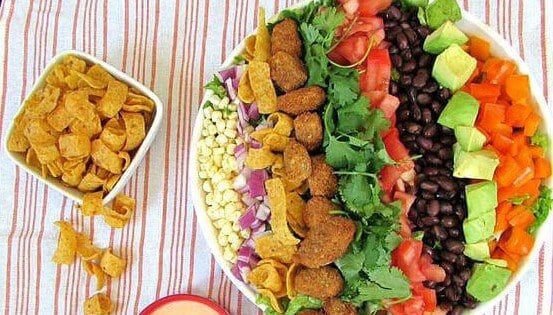
Choose Compassion Over Carnivorism
The carnivore diet harms animals, damages the environment, and puts your health at risk. Why not try a kinder, more sustainable way of living? Get your free vegan starter kit today—packed with recipes, tips, and everything you need to start your journey toward a healthier, more compassionate life.
Text VEG to 73822 to get the latest vegan lifestyle tips, recipes, and urgent action alerts texted right to your phone.
Terms for automated texts/calls from PETA: https://peta.vg/txt. Text STOP to end, HELP for more info. Msg/data rates may apply. U.S. only.



